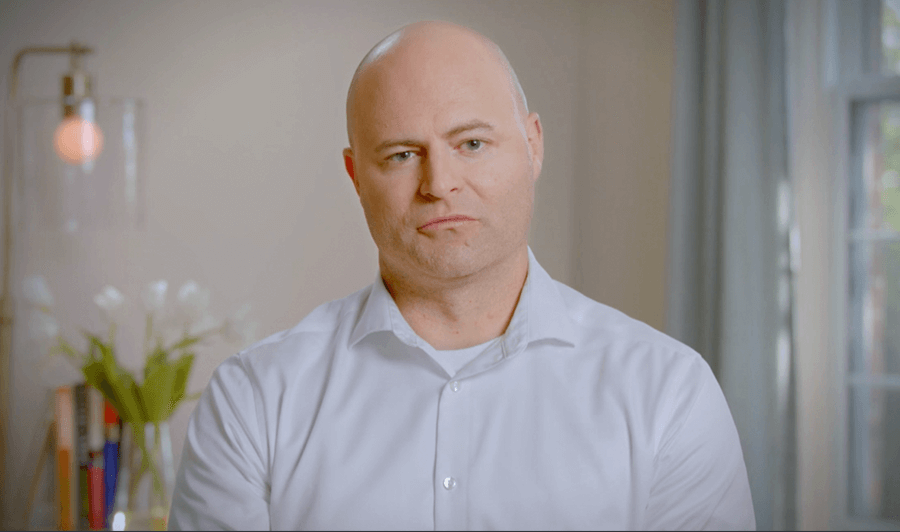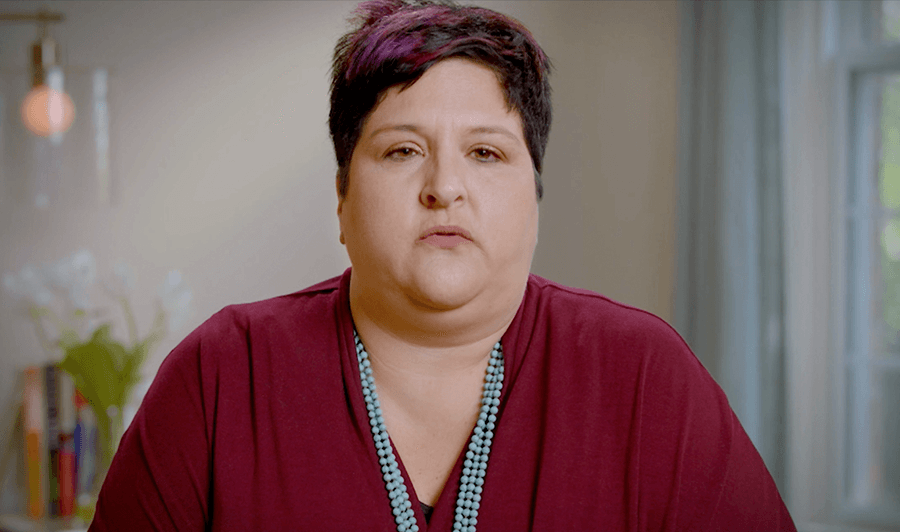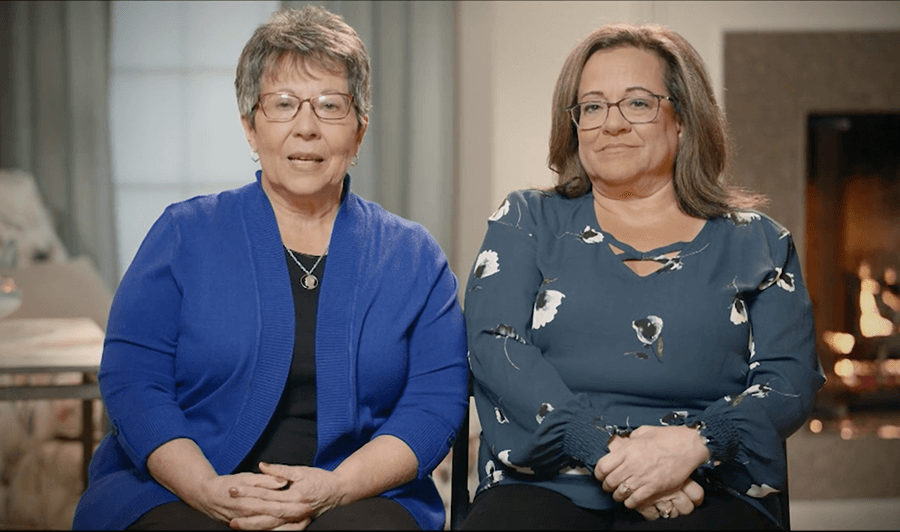
Iowa Nursing Home Abuse Attorney: Fighting for Your Loved Ones’ Rights
Iowa nursing home abuse is a cruel reality that no family should have to endure. Our elderly family members rely on nursing homes for care and comfort in their later years, but when those institutions fail them, the effects can be devastating.
If you or someone you love has suffered a serious personal injury from abuse or neglect in an Iowa nursing home, you need someone in your corner who understands the legal landscape—and who will fight for fairness for you. We have specialized in nursing home negligence cases for 25 years, and no one does more nursing home negligence cases in Iowa than we do.
Iowa Nursing Home Resident Rights
Under Iowa law, nursing home residents are guaranteed certain rights:
- Right to Be Free from Abuse and Neglect: Residents are entitled to live in an environment free from physical, emotional, and financial harm. Any form of mistreatment, whether by staff or other residents, is illegal.
- Right to Proper Care: Nursing homes must provide adequate medical, personal, and emotional care. They must maintain appropriate staffing levels to meet residents’ needs, including providing proper food, clean living conditions, and access to health services.
- Right to Dignity and Respect: Nursing home residents in Iowa have the right to be treated with dignity and respect, including being free from unnecessary physical restraints and having their personal privacy upheld.
- Right to Access to Records and Care: You and your family members have the right to access medical records, care plans, and any documentation that pertains to the treatment your loved one receives. This transparency helps ensure that nursing homes are following the law.
Recognizing Signs of Nursing Home Elder Abuse in Iowa
One of the first steps in addressing nursing home abuse or neglect is knowing what to look for. Elderly residents may not always be able to speak up, so family members, friends, and visitors must stay vigilant. Here are common signs of abuse or neglect that you should watch for:
Physical Signs
- Unexplained Bruises or Cuts: If your loved one has bruises or cuts that don’t match what the nursing staff said happened to cause them, or they seem to appear frequently, that’s a red flag. These could also be signs of sexual abuse.
- Bedsores: Also called pressure ulcers, these painful wounds occur when a resident is left in one position for too long. They can be prevented with proper care, so their presence may indicate nursing home neglect.
- Dehydration and Malnutrition: If your loved one is losing weight rapidly or showing signs of dehydration, it could be a sign that the nursing home is neglecting their basic needs. They should always have fresh water available for drinking.
- Injuries or Fractures: Broken bones that occur in the absence of a clear accident or explanation could be a sign of abuse or improper handling.
- Preventable Falls: Far too often, nursing home residents fall due to inadequate staffing or poor training. Frequent falls, even without injury, are warning signs that more serious falls may occur in the future.
- Poor hygiene: Unwashed hair, body odor, a greasy face, and soiled clothing are immediate signs of poor hygiene.
Behavioral Signs
- Fear of Certain Staff Members: If your loved one appears fearful or agitated around specific caregivers, this is often a strong indicator of abuse.
- Withdrawal or Depression: Emotional abuse can be just as damaging as physical abuse. If your loved one seems increasingly withdrawn, anxious, or depressed, it might be because of mistreatment.
- Sudden Changes With Personality: Dramatic shifts in behavior, such as aggression or confusion, may point to emotional abuse or the side effects of improper medication.
What To Do If You Suspect Nursing Home Abuse and Neglect in Iowa
If you believe that your loved one is being abused or neglected in an Iowa nursing home, you must act quickly. The first thing to do is ensure your loved one’s immediate safety. Once they are in a safe place, here’s what you should do next:
1. Get Them Medical Attention
It’s essential to ensure that your loved one gets the proper medical attention if they’ve been the victim of nursing home abuse or neglect. Seek immediate care from a medical professional for any physical injuries.
2. Document Everything
Start by documenting all signs of abuse. Take photos of any visible injuries, including bruises, cuts, or bedsores. Write down any unusual behavior or changes in your loved one’s demeanor. These records can help build a case.
3. Reporting Nursing Home Abuse
In Iowa, abuse in a nursing home should be reported immediately to the Iowa Department of Inspections and Appeals (DIA), which oversees licensing and regulation of nursing homes in the state. The IDIA reports are anonymous and can be delivered via phone call or letter.
4. Contact a Nursing Home Abuse Attorney
The next critical step is to contact an experienced Iowa nursing home abuse attorney who specializes in these cases. A skilled attorney can guide you through the legal process and ensure that your loved one’s rights are protected.
Filing a Nursing Home Abuse Lawsuit in Iowa
When a nursing home facility fails to meet the legal obligations it owes to its residents, the victims and their families have the right to seek justice. An Iowa nursing home abuse lawsuit can hold responsible parties accountable for their actions and provide compensation for damages.
The Steps You’ll Take For a Nursing Home Abuse Case in Iowa
Here’s a breakdown of the legal process if you decide to pursue a nursing home abuse lawsuit in Iowa:
- Initial Consultation: During the first conversation with an attorney, you can go over your concerns and questions with an experienced Iowa nursing home abuse attorney without putting any money down first. At RSH Legal, we offer free consultations for nursing home abuse victims.
- Investigation: Your attorney will get to work on your case. They will gather evidence, including medical records, witness statements, and reports from nursing home staff. They may also consult with experts to better understand the care standards that were violated.
- Filing the Lawsuit: If there is enough evidence, the attorney will file a lawsuit against the nursing home or individual responsible for the abuse. This lawsuit will seek compensation for your loved one’s pain and suffering, medical bills, and any other damages. If the situation involves a wrongful death, an estate must be opened first. We can help with that process.
- Settlement or Trial: Many nursing home abuse cases settle out of court. However, if the case goes to trial, your attorney will present evidence before a judge or jury, who will determine the outcome. It’s important to work with a lawyer who has experience in nursing home trials.
How an Iowa Nursing Home Abuse Attorney Can Help
Navigating the legal complexities of a nursing home abuse case can be overwhelming, especially when dealing with the emotional toll of knowing a loved one has been mistreated. That’s where an experienced attorney comes in. Here’s how a dedicated nursing home abuse lawyer can assist:
- Investigating the Case: Your attorney will work to uncover all the facts, including interviewing witnesses, gathering evidence, and working with medical experts to understand the full extent of the abuse or neglect.
- Fighting for Compensation: Your attorney will fight to get your loved one the compensation they deserve, including reimbursement for medical expenses, pain and suffering, and even punitive damages if the nursing home’s actions were especially egregious.
- Providing Legal Guidance: A skilled attorney will help you understand your rights, answer any questions, and guide you through every step of the legal process. They will keep you updated and ensure that your case moves forward efficiently.
Frequently Asked Questions (FAQs)
1. How long do I have to file a nursing home abuse lawsuit in Iowa?
In Iowa, the statute of limitations for nursing home abuse claims is generally two years from the date of the abuse or the date it was discovered. However, you should speak with an attorney as soon as possible after you learn about the mistreatment. It will take a while for an attorney to review the medical records and consult with experts to determine if you can legally bring a claim.
It’s always best to act sooner rather than later to ensure your case is not jeopardized by time constraints. Often, we want to file a claim as early as possible, as negligence may have even occurred before the event that brought you to a lawyer in the first place.
2. What types of damages can I recover in a nursing home abuse case?
If you win your case, you may be entitled to recover compensation for medical expenses, pain and suffering, emotional distress, loss of companionship (also known as loss of consortium), and possibly punitive damages (which are designed to punish the nursing home for its actions). Each case is unique, and many factors will need to be considered.
3. How do I choose the right nursing home abuse attorney in Iowa?
Look for an experienced personal injury attorney with experience in Iowa nursing home abuse cases. They should have a proven track record of success, and they should demonstrate empathy, professionalism, and a commitment to your loved one’s well-being if they are a survivor. In the event of a wrongful death, you need an attorney who knows how to tell the true and full story of your loved one.
They should have several nursing home verdicts under their belt. While most cases still settle, the insurance carriers respect the firms that take these cases to verdict if necessary.
4. What if the nursing home care facility offers a settlement?
Before agreeing to any settlement, consult with your attorney. The insurance company will try to settle your case for as little compensation as possible unless you are represented and have your evidence laid out correctly. This means their low offer may not fully cover your loved one’s long-term needs or the actual damages you have sustained.
A lawsuit never makes up for what happened, but it should be fair compensation. Your attorney will help you determine if the settlement is fair based on their experience and your specific case facts.

Tim Semelroth
Board-Certified Trial Attorney

Pressley Henningsen
AV-Rated Trial Attorney
A car came through the median and we were hit head on. Every bone in my body from my lower jaw down to the bottom of my feet was broken. My medical bills were in the hundreds of thousands of dollars. I can’t imagine going through something like this without someone like Tim or RSH Legal.
See more Client ReviewsClient Reviews









